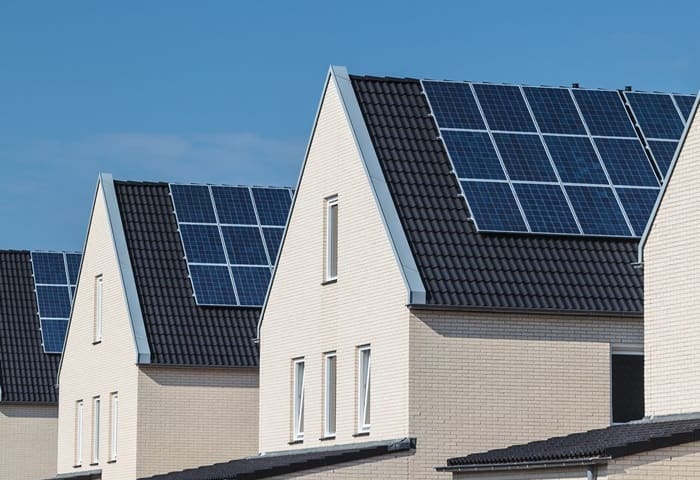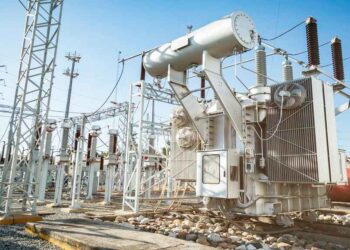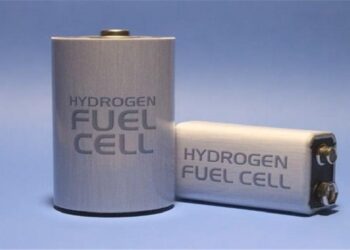The California Public Utilities Commission (CPUC) unanimously approved the new Solar on Multifamily Affordable Housing (SOMAH) Program, voting yesterday to create a new solar rebate program for low-income and disadvantaged communities. This $1 billion program provides up to $100 million annually for ten years to incentivize installations of solar on multifamily affordable housing properties across California. Assemblymember Eggman’s bill AB 693 from 2015 created this program and is expected to help tens of thousands of low-income residents across the state receive credits on their electricity bills from solar energy.
“I am grateful for the work of the solar industry and the environmental justice community for bringing a spotlight to the Solar on Multifamily Affordable Housing Program,” said Assemblymember Susan Talamantes Eggman (D-Stockton). “This policy was designed to ensure that families in low-income and disadvantaged communities can also reap the benefits of the booming solar energy industry in California. For too long, families facing the greatest environmental hurdles have been left out and this decision moves some of those benefits that much closer to the families that need them.”
The California Solar Energy Industries Association (CALSEIA) and the California Environmental Justice Alliance (CEJA) cosponsored AB 693 to increase access to clean energy for low-income and disadvantaged communities across California. The law notably allows tenants to receive credits for electricity produced by the systems at no cost to the tenants, thereby allowing tenants to directly benefit from the solar installation. The new SOMAH Program approved today provides higher rebates for the tenant-portion of the solar system, as well as includes provisions that prohibits passing the cost onto tenants, such as increasing their rent.
“CALSEIA greatly appreciates the leadership of Assemblymember Eggman to create the SOMAH Program, and the efforts of the CPUC to get this important program started,” said Kelly Knutsen, Senior Policy Advisor for CALSEIA. “Our partners at Everyday Energy and CEJA were instrumental in getting us to this point. We look forward to increasing access to solar for all Californians by keeping up the momentum and fully-funding this program so we can help everyone benefit from our state’s clean energy economy.”
AB 693 set a goal to install at least 300 MW of solar on affordable multifamily housing by 2030. Putting that in perspective, 39 MW of solar has been installed on multifamily affordable housing since the establishment of the Multifamily Affordable Solar Housing (MASH) Program in 2008.
“We are excited to get to work bringing the benefits of solar PV to low-income tenants and owners. It was truly a group effort from originating AB 693, getting it signed into law, and working with the CPUC to get it implemented. CALSEIA has been an outstanding partner and has been a driving force in getting AB 693 fully funded and implemented,” said Scott Sarem Co-Founder/CEO of Everyday Energy and a CALSEIA member.









































